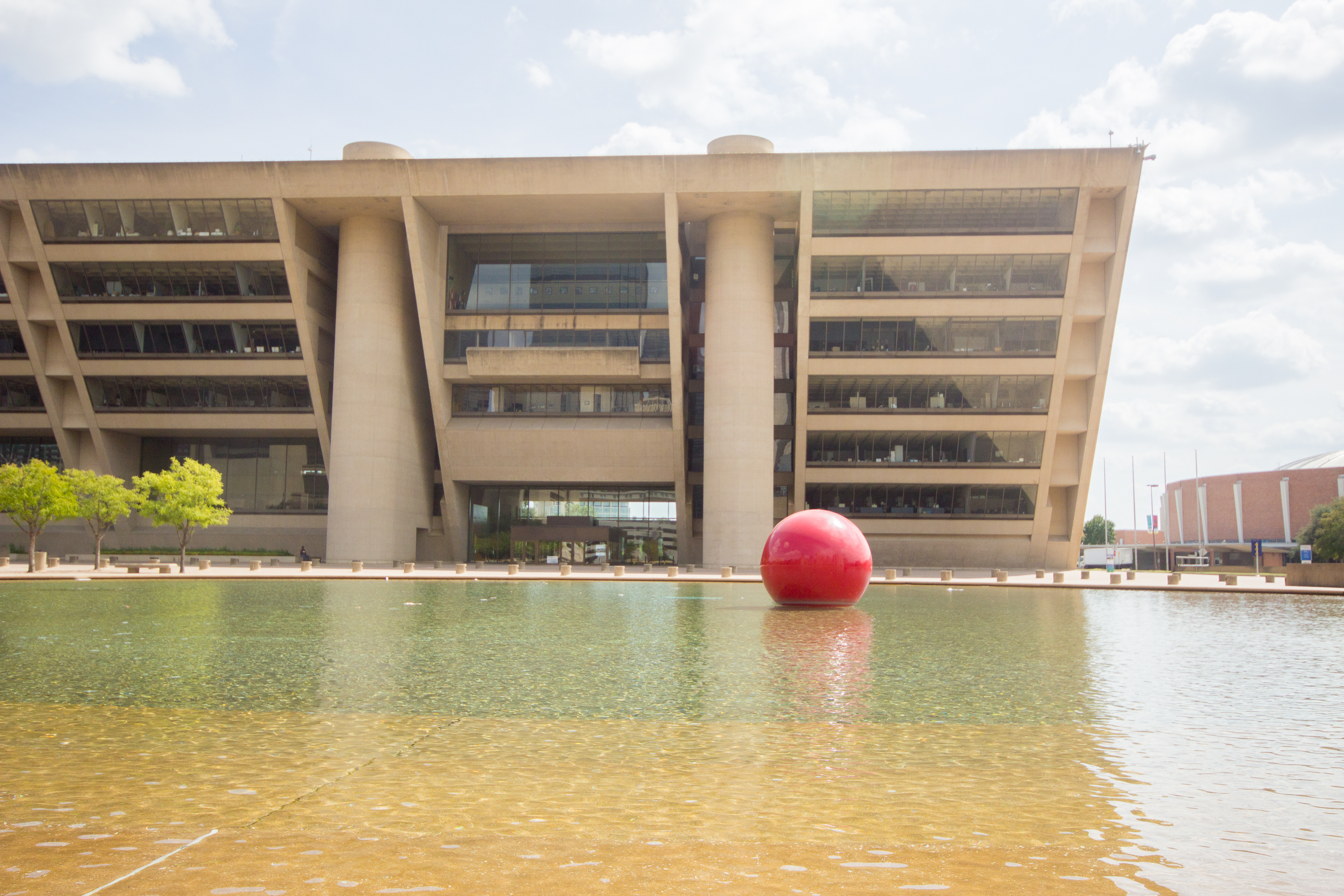The next Dallas mayor will be in a key position to lead on several issues that could reshape the future of the city.
The city faces a pivot point in which several key issues will have an outsized influence on its future. Fortunately for us, conventional thinking around how Dallas has—and should—approach some of these issues appears to be changing.
The voices supporting increased urbanization, more functional public transit, smarter neighborhood investment, and more progressive approaches to fighting issues like poverty and affordable housing are no longer marginal. The political makeup of the horseshoe during the later years of Mayor Mike Rawlings’ second term has shown that about a third of the Council supports new ideas and a new approach to operating City Hall. In May, that could shift, and a mayor aligning with some of these players could change the way the city makes policy.
What will this look like? Here are five areas where the next mayor could potentially have an outsized impact.
Housing, Affordability, and Density
As I wrote here, the issues of housing and affordability go beyond the basic need for more suitable housing stock for residents at all income levels. Dallas is losing its competitive advantage because of the rising cost of living. The next mayor will tackle issues from Dallas’ sky-high poverty rates, increased displacement and disruptive development, and perennial homelessness. The next mayor will need t0 push for out-of-the-box policies like the ones being implemented in cities like Minneapolis, ones that expand the availability of affordable housing and access to jobs through increased urbanization by way of increasing density in the city.
Streets and infrastructure are always a major issue in mayoral elections; residents understandably want their potholes patched. But the next mayor must be able to convey to the electorate that the best way for generating the revenue needed to deal with its infinite infrastructure maintenance needs is to find ways to double down on density and bring job centers back to the center of the city.
Transportation
It has been a while since we spoke about I-345, but this year’s mayor’s race poses to put the issue back in the center of the civic conversation. The removal of the highway offers Dallas the best chance to put the redevelopment of its center into turbo-drive, creating new opportunities for housing, job creation, and increased connectivity. If the new mayor can champion (and find the votes for) demolishing 345 and replacing it with a boulevard, the council can pass a resolution this year that begins the preliminary studies that will set the stage for the highway’s removal.
Towards the end of Rawlings’ term, the city began to make movements towards taking back control over its public transit system, particularly by starting to appoint new members to the DART board. A transportation-minded mayor can help lead the city—and its transit agency—towards a more broad-based rethinking of urban transit in Dallas, beginning with a redesign of DART’s bus system.
Police Reform
Problems with short staffing, attrition, response times, and morale persist. So do feelings in some communities that the police perpetuate racial injustice. The answer is not merely coming up with more money for police—the city already spends more than half of its budget on police and fire. In addition to finding more pay for officers and strengthening citizen oversight, the new mayor could introduce new ideas around a holistic reimagining of how the police operate within the city.
Fair Park
To a certain extent the matter of the park is settled. Rawlings succeeded in one of his main policy goals of handing over the management of the park to a private entity, even if it didn’t play out as expected. But even with a qualified corporation running Fair Park, the future of the park is still up for grabs—especially after the council rushed through an extension of the State Fair of Texas’ contract.
The next mayor will have to lean on both the new manager of the park as well as the State Fair to ensure that some of the key goals of privatization are met. This includes making the park a more viable event space throughout the year and opening up access and functionality of the park to the neighboring community. Everything outside the boundaries of the park are still the city’s prerogative. And so, as we begin to see what kind of impact the new manager will have on Fair Park itself, the new mayor must lead an effort to leverage those improvements in a way that will lift the surrounding neighborhood.
The Trinity River
I’m hopeful that the Trinity River Project may finally have its kumbaya moment. The early sketches of the Michael Van Valkenburgh plan demonstrate that the backers of the plan are finally thinking about the Trinity in the right way. The new mayor, however, must be a watchdog for the project.
The hefty $150 million price tag must be funded through private donations, and the new mayor should not open the city coffers to shore up any gaps. In the meantime, there are other ideas for addressing the land in the Trinity Floodway and forest that lies outside of the 200 acres targeted by the Van Valkenburgh plan. The new mayor may be able to champion a new, holistic vision for brining the disparate aspects of the Trinity into a singular vision. If successful, imagine a National Park sitting on Dallas’ front step.
Confederate Monuments
The Confederate Monuments stand for one thing: the city’s continued inability to adequately reckon with and resolve its relationship to the past. Until the city comes together and demonstrates that it will not support symbols that stand as totems of a historic power structure in Dallas that has promoted and protected white supremacy, the looming shadow of this shameful past will continue to taint the city’s contemporary politics and character.
It is beyond time to move on. The monuments must come down.





